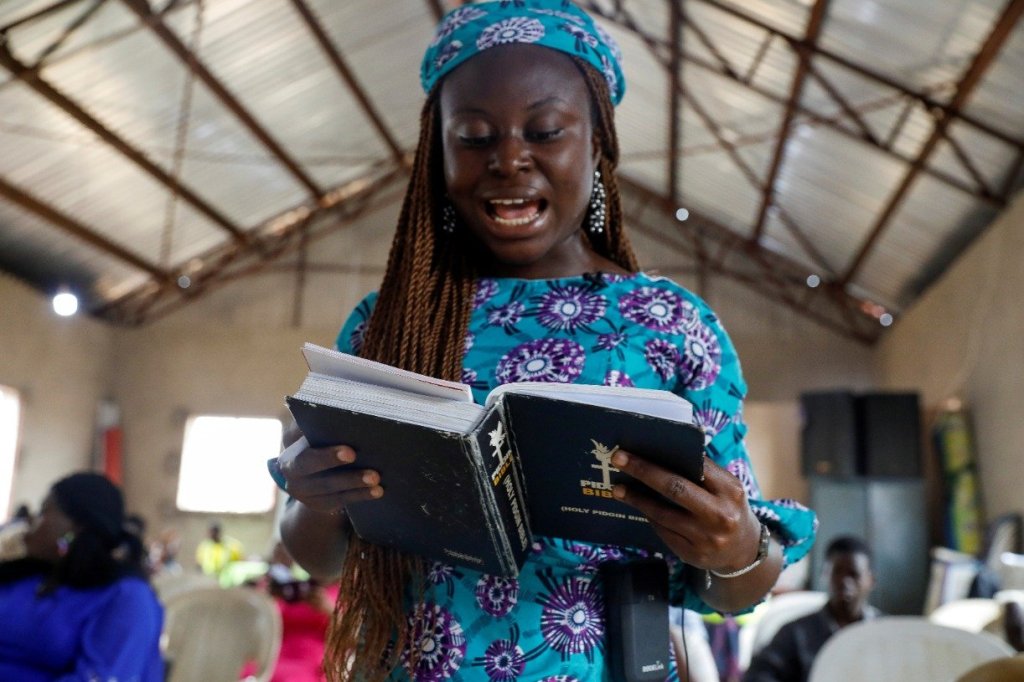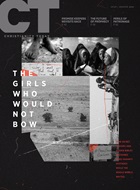
(CNN)A man accused of anti-Muslim attacks in New York City was charged Wednesday with hate crimes by the Queens District Attorney’s Office.Naved Durrni, 30, faces charges of assault as a hate crime, menacing as a hate crime, aggravated harassment and criminal possession of a weapon in the recent physical and verbal attacks on Muslims in Queens, New York, according to a news release from the district attorney’s office.
Authorities said Durrni turned himself in on Tuesday after seeing himself on newscasts about the investigation.
It’s not clear whether he entered a plea during his arraignment Wednesday. CNN reached out to his attorney Ammar Chatha, but he did not comment.
He remains in custody and is due back in court August 17.The alleged hate crimes happened over the course of about five weeks, the New York City Police Department said. Durrni is accused of following Muslims in Queens, yelling anti-Muslim statements at them, hitting them and then fleeing.”As alleged, the defendant attacked and intimidated individuals because of their beliefs. That type of hate will not be tolerated in Queens County, where our diversity is our greatest strength,” Queens District Attorney Melinda Katz said in the news release.










